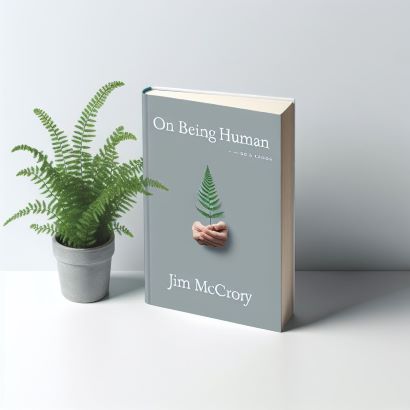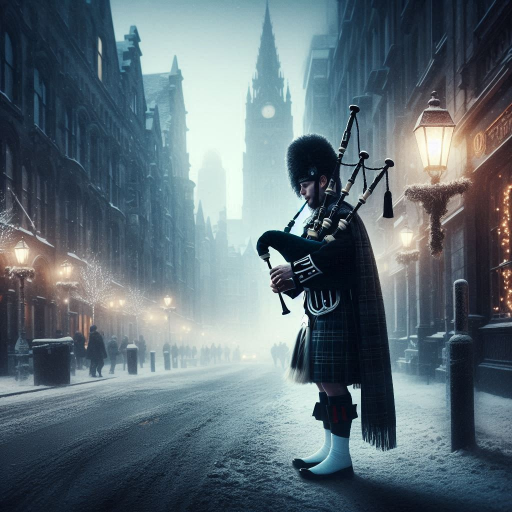"If I find in myself a desire which no experience in this world can satisfy, the most probable explanation is that I was made for another world."
C.S. Lewis

Image generated with the assistance of Microsoft Copilot
My wife and I have tickets for the André Rieu concert in Glasgow tonight. I have been watching his concerts online and observed the great deal of joy that folk get from the music.
Music, much like a masterfully crafted poem, has a unique ability to transport us to places both vivid and vague, tethering our emotions to rhythms and melodies that echo through time and space. When I listen to music, especially classical pieces, I am transported far beyond my immediate surroundings. The sounds become landscapes, each note painting a vivid scene before my very eyes.
Take, for instance, Edvard Grieg’s "Morning." As the first few bars unfold, I envision a sunrise not just anywhere, but cascading over the lush, verdant pastures of Scotland—a place I hold dear. It’s a serene, almost sacred experience, as if the light itself is harmonizing with Grieg’s intentions, his notes the colours of dawn stretching across the horizon.
Contrast this with "Highland Cathedral," played on the haunting timbre of bagpipes. Here, the music encapsulates a dark winter evening in Glasgow, the soundscape morphing into the cold, brisk air that bites at exposed skin, the quiet solitude of a city holding its breath under the weight of the night sky. This music does not just speak; it evokes, conjures, and resurrects.
This auditory journey is deeply personal, reflecting my own narratives and memories. Each piece of music is like a poem whose meaning is reshaped by the listener's own experiences and emotions. What the composer intended and what I perceive are points on a triangle, with the third point being the unique interplay of my own inner life and the external piece.
However, not all musical journeys are without their interruptions. Ludovico Einaudi’s "Beautiful Night" and the lullaby "Suo Gan" carry me towards an ethereal realm, a place of beauty and tranquillity that feels just within reach. Yet, just as I am about to embrace this world fully, my mind, as if intimidated by the vastness of its own creation, abruptly pulls down the shutters. This sensation, akin to the German concept of Sehnsucht, reflects an intense yearning for something indescribably distant and unattainable, a place or experience that is deeply desired yet painfully out of reach.
This longing is bittersweet, filled with both the joy of near attainment and the sorrow of realization that some desires remain just beyond our grasp. It poses a profound question: when faced with the infinite, with existential mysteries that music so often touches upon, do we resign ourselves to defeat, or is there something more?
C.S. Lewis once suggested that our experiences of profound joy are but the scent of a flower we have not found, the echo of a tune we have not heard, and news from a country we have never visited. Perhaps, then, these moments of musical transportation do not merely escape but signposts, suggesting that our yearning for something beyond—this Sehnsucht—is not a mere emotional cul-de-sac but a hint of our destiny in another world.
So, where do we go from here? Do we accept these musical and existential journeys as fleeting moments of escape or recognize them as echoes of a deeper call to something beyond our earthly experiences? As I ponder this, I invite you, the reader, to listen closely not just to the music but to the responses it awakens within you. Maybe, just maybe, these sounds that resonate with our souls are inviting us to glimpse not just what is, but what might be, in a world yet unseen.
"If I find in myself a desire which no experience in this world can satisfy, the most probable explanation is that I was made for another world."
This quote from Mere Christianity suggests that earthly experiences do not fully satisfy our deepest longings, which C.S Lewis interprets as evidence of our ultimate destiny beyond the physical realm.

